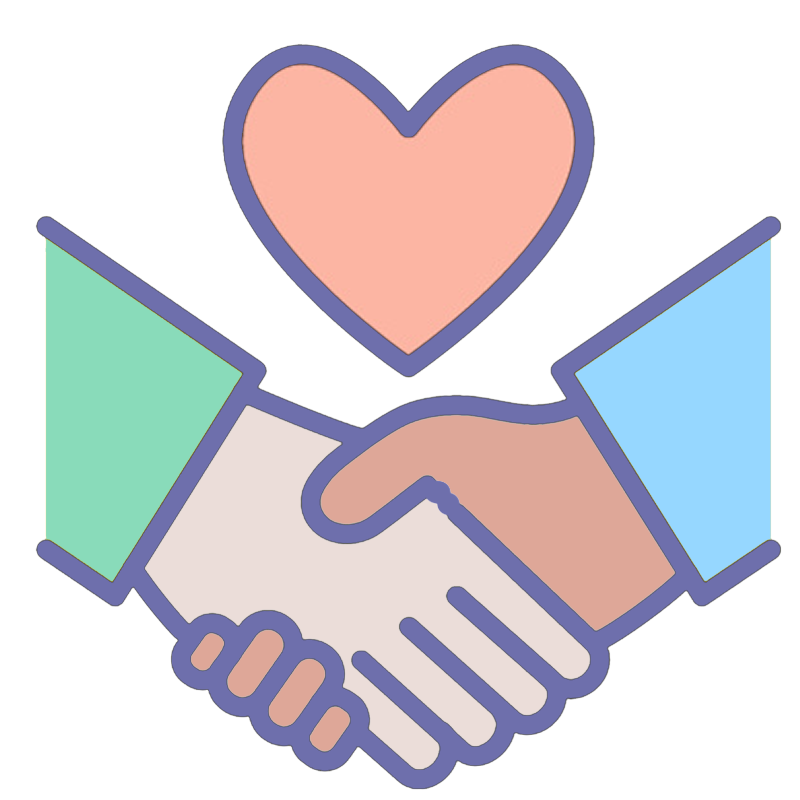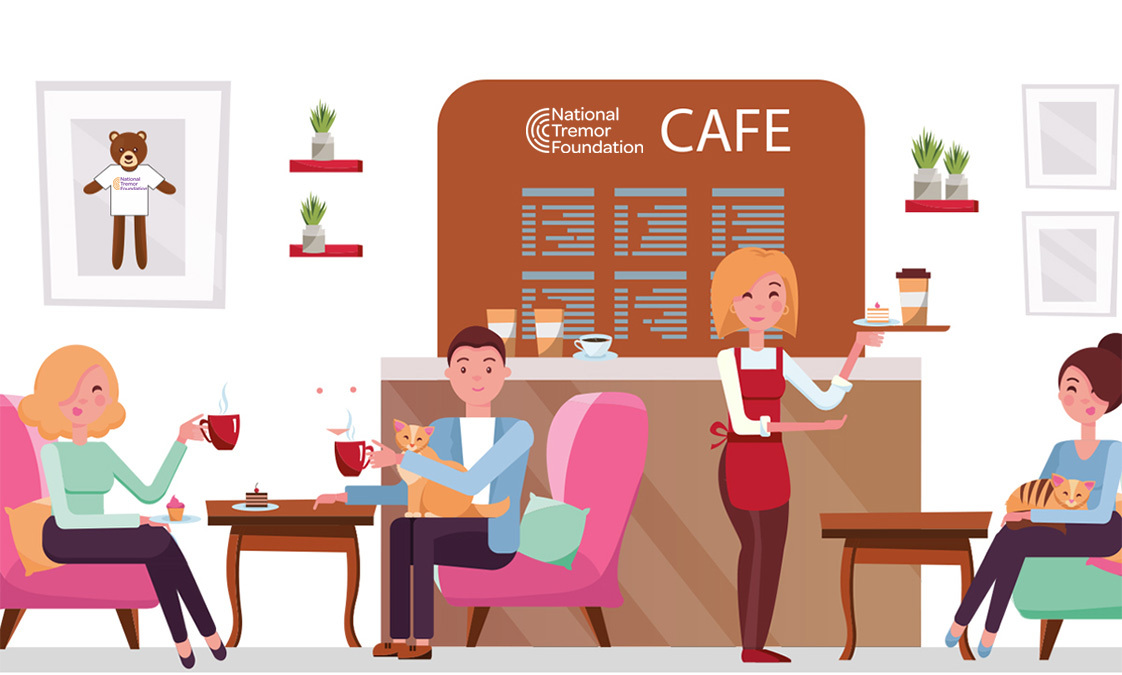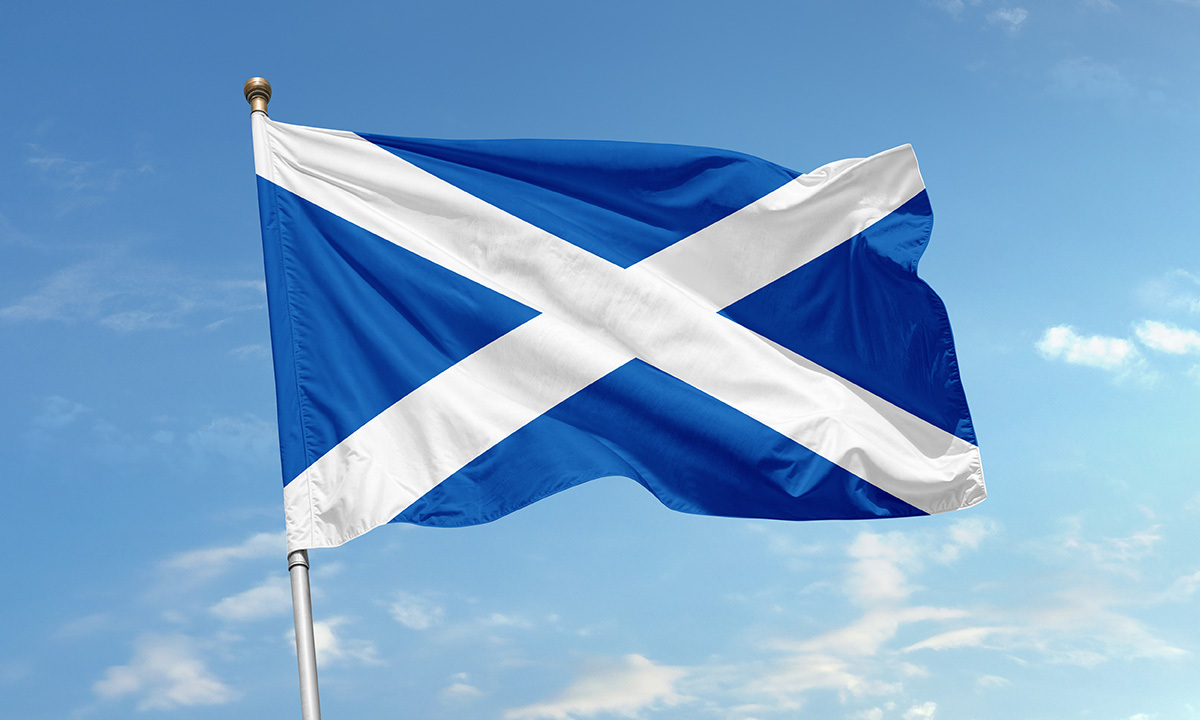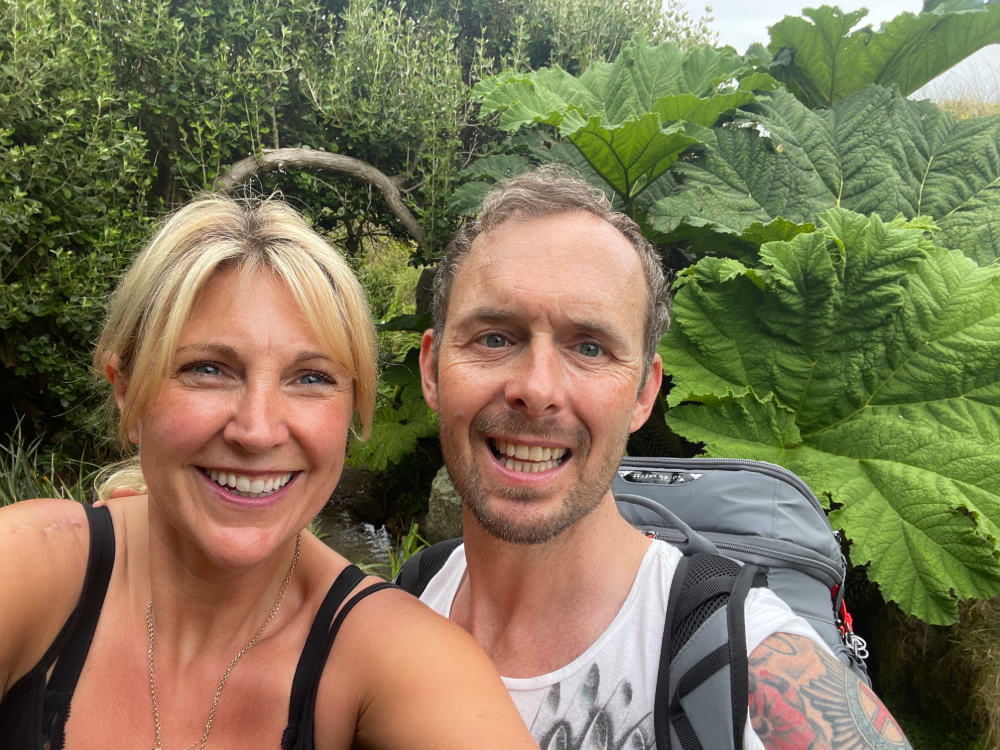
Tremor and mental health
Whether you're concerned about yourself or a loved one, these mental health charities, organisations and support groups can offer expert advice.
Urgent help
If you need help during a mental health crisis or emergency, NHS urgent mental health helplines provide:
- 24-hour advice and support - for you, your child, your parent or someone you care for
- help to speak to a mental health professional
- an assessment to help decide on the best course of care
Anxiety
What is anxiety?
Anxiety is a feeling of worry, particularly in a new or stressful situation. It sometimes causes other symptoms, such as poor sleep or loss of appetite and, in extreme cases, may give rise to panic attacks which can include periods of dizziness, short breath, and sweating. It can be constant, or it may be triggered by certain situations, such as going to new places. Anxiety can also be a sign of depression.
Although anxiety is a biologically useful reaction to threatening situations, if it exceeds certain levels and durations, and impedes active participation in life, it is regarded as a disorder.
What treatment is available?
Relaxation
Relaxation techniques can be very effective in relieving acute states of anxiety, including therapies such as massage, meditation, breathing techniques, muscle relaxation, yoga, aromatherapy and Tai Chi.
Medication
Anxiety can be treated and it is wise to talk with your doctor about any medications that he/she may feel will be able to help such as antidepressant medications. The range is wide and the choice will depend on their benefits and side effects, interaction with other medications and how they suit you as an individual.
Psychological approaches
If medications are not effective, or if anxiety is severe, a psychiatrist, psychologist or psychotherapist can help. This can be particularly effective in more severe cases when used alongside medication. Sometimes it may be useful if your partner or carer is included in consultations. The most effective psychological treatment of anxiety disorders has generally proved to be cognitive behavioural therapy. This involves treating social phobic reactions by confronting the situations which elicit anxiety.
Individual counselling can also help you to recognise worries and underlying issues, and work out a strategy to deal with them.
Who else can help?
Various trained professionals may be involved in managing anxiety, including your doctor, nurse, a psychiatrist and a counsellor. For more information ask your doctor who else can help you. If you book an appointment with a therapist or counsellor remember to check their qualifications and experience.
There are also many organisations that offer various kinds of emotional support such as telephone help lines, group meetings or practical help. Even if you have close family and friends, sometimes you might want to chat with an outsider and such organisations can be very helpful. Your doctor or a social worker will be able to help you identify such organisations, or you may find contact details in a telephone directory.
How can I help myself?
It is important to remember that anxiety is common and can be effectively treated. Don’t be afraid to say if you feel anxious – this is key to getting help and overcoming such feelings.
All involuntary movements, including tremor, are worsened by emotional or physical stress, anxiety, fatigue and coincidental illness. Uncontrolled stress can make tremor very difficult to manage, and it can make Essential Tremor (ET) uncontrollable. Stimulants such as caffeine, coffee, chocolates, recreational drugs, and alcohol withdrawal will worsen tremors. For these reasons an holistic approach to dealing with tremor can be just as effective as being prescribed more medication.
Complementary therapies to promote relaxation and reduction of stress, can be very valuable. Psychological inputs, including cognitive behavioural therapy, relaxation therapies, meditation, neuro-behavioural training and neuro-linguistic programming all have parts to play in the management of some individuals. Likewise, nutritional changes may be necessary.
Many people have discovered and developed strategies that help them to reduce or overcome tremor – their own personal coping strategies. Although these won’t work for everyone, watching some of these video clips may help you
One of the most important ways in which you can help yourself is by staying positive. Below are some suggestions that might be helpful:
- educate yourself about Tremor, its cause and treatment. Being informed generally helps you to feel more in control
- take an active role in managing your illness
- confront difficult situations rather than avoiding them, and try not to be disheartened if things don’t turn out the way you hoped
- be open with your doctor or other healthcare professional – if something is worrying you then mention it
- keep doing the activities you enjoy – research has shown that keeping active can improve mood
- pace yourself - know and accept your limitations and accept that these may change with time
- try to stay relaxed - some complementary therapies such as yoga and Tai Chi may help
- accept help when you need it
- contact your national Tremor organisation or other support groups.
We would like to acknowledge the use of information taken from the European Parkinson’s Disease Association website undefined
If you need help during a mental health crisis or emergency, NHS urgent mental health helplines provide:
- 24-hour advice and support - for you, your child, your parent or someone you care for
- help to speak to a mental health professional
- an assessment to help decide on the best course of care
Useful contacts
A to Z
Anxiety UK
Charity providing support if you have been diagnosed with an anxiety condition.
Phone: 03444 775 774 (Monday to Friday, 9.30am to 5.30pm)
Website: www.anxietyuk.org.uk
Bipolar UK
A charity helping people living with manic depression or bipolar disorder.
Website: www.bipolaruk.org.uk
CALM
CALM is the Campaign Against Living Miserably, for men aged 15 to 35.
Phone: 0800 58 58 58 (daily, 5pm to midnight)
Website: www.thecalmzone.net
Men's Health Forum
24/7 stress support for men by text, chat and email.
Website: www.menshealthforum.org.uk
Mental Health Foundation
Provides information and support for anyone with mental health problems or learning disabilities.
Website: www.mentalhealth.org.uk
Mind
Promotes the views and needs of people with mental health problems.
Phone: 0300 123 3393 (Monday to Friday, 9am to 6pm)
Website: www.mind.org.uk
No Panic
Voluntary charity offering support for sufferers of panic attacks and obsessive compulsive disorder (OCD). Offers a course to help overcome your phobia or OCD.
Phone: 0844 967 4848 (daily, 10am to 10pm). Calls cost 5p per minute plus your phone provider's Access Charge
Website: www.nopanic.org.uk
OCD Action
Support for people with OCD. Includes information on treatment and online resources.
Phone: 0845 390 6232 (Monday to Friday, 9.30am to 5pm). Calls cost 5p per minute plus your phone provider's Access Charge
Website: www.ocdaction.org.uk
OCD UK
A charity run by people with OCD, for people with OCD. Includes facts, news and treatments.
Phone: 0333 212 7890 (Monday to Friday, 9am to 5pm)
Website: www.ocduk.org
PAPYRUS
Young suicide prevention society.
Phone: HOPElineUK 0800 068 4141 (Monday to Friday, 10am to 5pm and 7pm to 10pm, and 2pm to 5pm on weekends)
Website: www.papyrus-uk.org
Rethink Mental Illness
Support and advice for people living with mental illness.
Phone: 0300 5000 927 (Monday to Friday, 9.30am to 4pm)
Website: www.rethink.org
Samaritans
Confidential support for people experiencing feelings of distress or despair.
Phone: 116 123 (free 24-hour helpline)
Website: www.samaritans.org.uk
SANE
Emotional support, information and guidance for people affected by mental illness, their families and carers.
Textcare: comfort and care via text message, sent when the person needs it most: www.sane.org.uk/textcare
Peer support forum: www.sane.org.uk/supportforum
Website: www.sane.org.uk/support
YoungMinds
Information on child and adolescent mental health. Services for parents and professionals.
Phone: Parents' helpline 0808 802 5544 (Monday to Friday, 9.30am to 4pm)
Website: www.youngminds.org.uk
Abuse (child, sexual, domestic violence)
NSPCC
Children's charity dedicated to ending child abuse and child cruelty.
Phone: 0800 1111 for Childline for children (24-hour helpline)
0808 800 5000 for adults concerned about a child (24-hour helpline)
Website: www.nspcc.org.uk
Refuge
Advice on dealing with domestic violence.
Phone: 0808 2000 247 (24-hour helpline)
Website: www.refuge.org.uk
Alcohol misuse
Alcoholics Anonymous
A free self-help group. Its "12 step" programme involves getting sober with the help of regular face-to-face and online support groups.
Phone: 0800 917 7650 (24-hour helpline)
Website: www.alcoholics-anonymous.org.uk
Al-Anon
Al-Anon is a free self-help “12 step” group for anyone whose life is or has been affected by someone else's drinking
Phone: 0800 0086 811 (daily, 10am to 10pm)
Drinkline
A free confidential helpline for people worried about their own or someone else's drinking.
Phone: 0300 123 1110 (weekdays 9am to 8pm, weekends 11am to 4pm)
National Association for Children of Alcoholics
National Association for Children of Alcoholics offers free confidential advice and information to everyone affected by a parent’s drinking including children, adults and professionals.
Phone: 0800 358 3456 (Friday, Saturday and Monday 12pm to 7pm and Tuesday, Wednesday and Thursday 12pm to 9pm)
SMART Recovery UK
SMART Recovery UK face-to-face and online groups help people decide whether they have a problem with alcohol and drugs, build up their motivation to change, and offer a set of proven tools and techniques to support recovery.
Phone: 0330 053 6022 for general enquiries about SMART Recovery UK (9am to 5pm, Monday-Friday)
Alzheimer's
Alzheimer's Society
Provides information on dementia, including factsheets and helplines.
Phone: 0300 222 1122 (Monday to Friday, 9am to 5pm and 10am to 4pm on weekends)
Website: www.alzheimers.org.uk
Bereavement
Cruse Bereavement Care
Phone: 0808 808 1677 (Monday to Friday, 9am to 5pm)
Website: www.cruse.org.uk
Crime victims
Rape Crisis
To find your local services phone: 0808 802 9999 (daily, 12pm to 2.30pm and 7pm to 9.30pm)
Website: www.rapecrisis.org.uk
Victim Support
Phone: 0808 168 9111 (24-hour helpline)
Website: www.victimsupport.org
Drug misuse
Cocaine Anonymous
A free self-help group. Its "12 step" programme involves stopping using cocaine and all other mind-altering substances with the help of regular face-to-face and online support groups.
Phone: 0800 612 0225 (daily, 10am to 10pm)
FRANK
Free, confidential information and advice about drugs, their effects and the law. FRANK's live chat service runs daily from 2pm to 6pm.
Phone: 0300 1236600 (24-hour helpline)
Text a question to: 82111
Marijuana Anonymous
A free self-help group. Its "12 step" programme involves stopping using marijuana with the help of regular face-to-face and online support groups.
Phone: 0300 124 0373 (callback service)
Narcotics Anonymous
A free self-help group. Its "12 step" programme involves stopping using drugs with the help of regular face-to-face and online support groups.
Phone: 0300 999 1212 (daily, 10am to midnight)
Website: www.ukna.org
SMART Recovery UK
SMART Recovery UK face-to-face and online groups help people decide whether they have a problem with alcohol and drugs, build up their motivation to change, and offer a set of proven tools and techniques to support recovery.
Phone: 0330 053 6022 for general enquiries about SMART Recovery UK (9am to 5pm, Monday-Friday)
Website: undefined
Eating disorders
Beat
Phone: 0808 801 0677 (adults) or 0808 801 0711 (for under-18s)
Website: www.b-eat.co.uk
Gambling
Gamblers Anonymous
A free self-help group. Its "12 step" programme involves stopping gambling with the help of regular face-to-face and online support groups.
Phone: 0330 094 0322 (24-hour)
Gam-Anon
A free self-help group. Its "12 step" programme is for those affected by someone else’s gambling with the help of regular face-to-face and online support groups.
Phone: 08700 50 88 80
Website: www.gamanon.org.uk
National Gambling Helpline
Phone: 0808 8020 133 (daily, 8am to midnight)
Website: www.begambleaware.org
National Problem Gambling Clinic
A specialist NHS clinic for problem gamblers aged 13 and over.
Phone: 020 7381 7722 (callback)
Learning disabilities
Mencap
Charity working with people with a learning disability, their families and carers.
Phone: 0808 808 1111 (Monday to Friday, 9am to 5pm)
Website: www.mencap.org.uk
Parenting
Family Lives
Advice on all aspects of parenting, including dealing with bullying.
Phone: 0808 800 2222 (Monday to Friday, 9am to 9pm and Saturday to Sunday, 10am to 3pm)
Website: www.familylives.org.uk
Relationships
Relate
The UK's largest provider of relationship support.
Website: www.relate.org.uk
We would like to thank the NHS website for this information.












